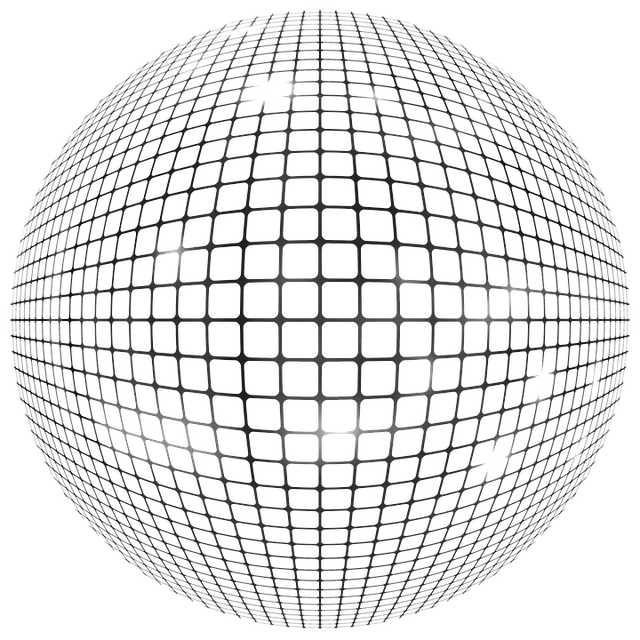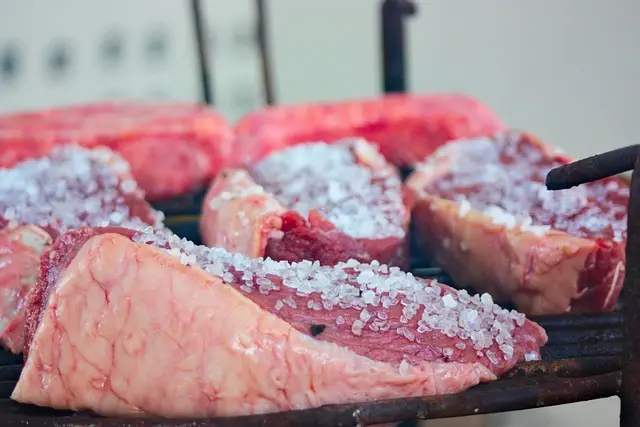Athletes seeking peak performance recognize that a strategic and personalized nutrition plan is key to optimizing their endurance, recovery, and overall energy levels. This involves consuming a balanced diet with the right proportions of carbohydrates, proteins, and fats. Kava, a natural compound known for its calming effects, can be an advantageous addition to this regimen by helping athletes manage stress and anxiety without compromising their performance. Its role in promoting mental clarity and focus is particularly beneficial during intense training sessions and competitions. Careful consideration must be given when integrating kava into an athlete's diet to ensure it complements their specific nutritional needs, enhancing both physical and mental aspects of athletic performance. The nuanced balance of macronutrients and micronutrients, including the recent interest in incorporating kava through practices like making kava, is essential for supporting immune function, energy metabolism, and red blood cell production. A tailored sports nutrition program that leverages the latest research and individual physiological responses is crucial for athletes to achieve enhanced performance levels, improved well-being, and superior athletic outcomes.
Embark on a journey into the realm of sports nutrition, where the art of making kava intertwines with scientific precision to unlock peak physical conditioning. This article delves into the intricacies of optimizing athletic performance through strategic dietary choices, emphasizing the critical balance between macronutrients and micronutrients. Tailoring your diet for top-tier performance is not a one-size-fits-all endeavor; it’s a nuanced process that considers individual needs and goals. Each section of this article will guide you through the essentials of sports nutrition, ensuring you have the knowledge to make informed decisions on your path to excellence in athletic endeavors.
- Optimizing Athletic Performance with Strategic Sports Nutrition
- The Role of Macronutrients and Micronutrients in Enhancing Physical Conditioning
- Tailoring Your Diet for Peak Performance: A Deep Dive into Individualized Nutritional Plans
Optimizing Athletic Performance with Strategic Sports Nutrition

Athletes at peak physical conditioning understand that strategic sports nutrition plays a pivotal role in optimizing performance. Adequate nutrition, tailored to an athlete’s specific needs and the demands of their sport, can significantly enhance endurance, recovery, and overall energy levels. The science behind making kava, for instance, can contribute to this by providing a natural source of calming compounds that may aid in stress reduction and muscle relaxation without impeding performance. Including kava as part of a well-rounded diet can be beneficial for athletes looking to manage anxiety and promote mental clarity, which is crucial for maintaining focus during intense training sessions or competitions.
Moreover, the integration of kava into a sports nutrition plan should complement a balanced intake of carbohydrates, proteins, and fats that align with the athlete’s activity level and goals. Carbohydrates are essential for fueling workouts, particularly those of longer duration, while proteins are critical for muscle repair, recovery, and growth. Fats serve as a dense energy source and contribute to hormonal balance. By carefully considering these nutritional components in conjunction with the inclusion of kava, athletes can craft a nutrition strategy that not only supports their physical demands but also enhances their mental fortitude, leading to improved performance outcomes. Making kava part of an athlete’s diet requires careful consideration and planning to ensure it aligns with their overall sports nutrition program for best results.
The Role of Macronutrients and Micronutrients in Enhancing Physical Conditioning

peak physical conditioning is significantly influenced by the intake of macronutrients and micronutrients, which are critical components of a well-rounded sports nutrition plan. Macronutrients, including carbohydrates, proteins, and fats, serve as the primary energy sources for athletes. Carbohydrates are essential for fuelling high-intensity exercises, ensuring that muscles have the glycogen needed to sustain performance. Proteins, on the other hand, are indispensable for muscle repair, growth, and recovery post-exercise. They also play a vital role in maintaining immune function, which is particularly important for athletes training intensively. Fats contribute to overall energy balance and support cellular health.
In addition to macronutrients, micronutrients such as vitamins and minerals are equally important for optimal athletic performance. Vitamins like B-complex vitamins aid in energy metabolism and red blood cell production, which enhances oxygen delivery to muscles. Minerals such as sodium, potassium, magnesium, and iron are crucial for electrolyte balance, muscle function, and the prevention of fatigue. For example, making kava, a traditional beverage in some cultures, into a modern sports drink could potentially offer a unique blend of micronutrients that might benefit athletes by promoting relaxation and reducing stress, which can impair athletic performance. This integration of traditional practices like making kava with contemporary sports nutrition science underscores the importance of considering diverse dietary sources to enhance physical conditioning. A balanced intake of both macronutrients and micronutrients, tailored to the athlete’s specific needs and training regimen, is key to achieving peak performance levels.
Tailoring Your Diet for Peak Performance: A Deep Dive into Individualized Nutritional Plans

Embarking on a journey toward peak physical conditioning through sports nutrition necessitates a deeply personalized approach to diet and nutrition. Athletes and those striving for optimal performance must consider individual metabolic rates, nutritional needs, and performance goals when crafting their dietary plans. Tailoring your diet isn’t a one-size-fits-all endeavor; it involves understanding the composition of your meals, the timing of your nutrient intake, and how these factors interact with your training regimen. Macronutrients like carbohydrates, proteins, and fats must be balanced to fuel performance while supporting recovery and muscle growth. For instance, making kava, a process that involves extracting the beneficial compounds from the kava root, can be incorporated into an athlete’s diet for its potential benefits in managing inflammation and stress. This bespoke approach to sports nutrition, which takes into account the latest research and individual physiological responses, is key to unlocking performance potential and achieving peak physical condition. Athletes who invest time in understanding their nutritional needs and how to meet them through personalized meal planning are more likely to see improvements in strength, endurance, and overall well-being, ultimately leading to superior athletic performance.
Incorporating strategic sports nutrition is pivotal for athletes striving to achieve and maintain peak physical conditioning. This article has delved into the multifaceted aspects of optimizing athletic performance, emphasizing the importance of both macronutrients and micronutrients in enhancing endurance, strength, and recovery. Tailoring one’s diet to individual needs emerges as a key component for peak performance, a subject explored with specificity. As we conclude, it’s clear that making kava, among other nutritional practices, plays a significant role in the holistic approach to sports nutrition. By adhering to these guidelines and understanding the nuances of personalized dietary plans, athletes can unlock their full potential and gain a competitive edge.






